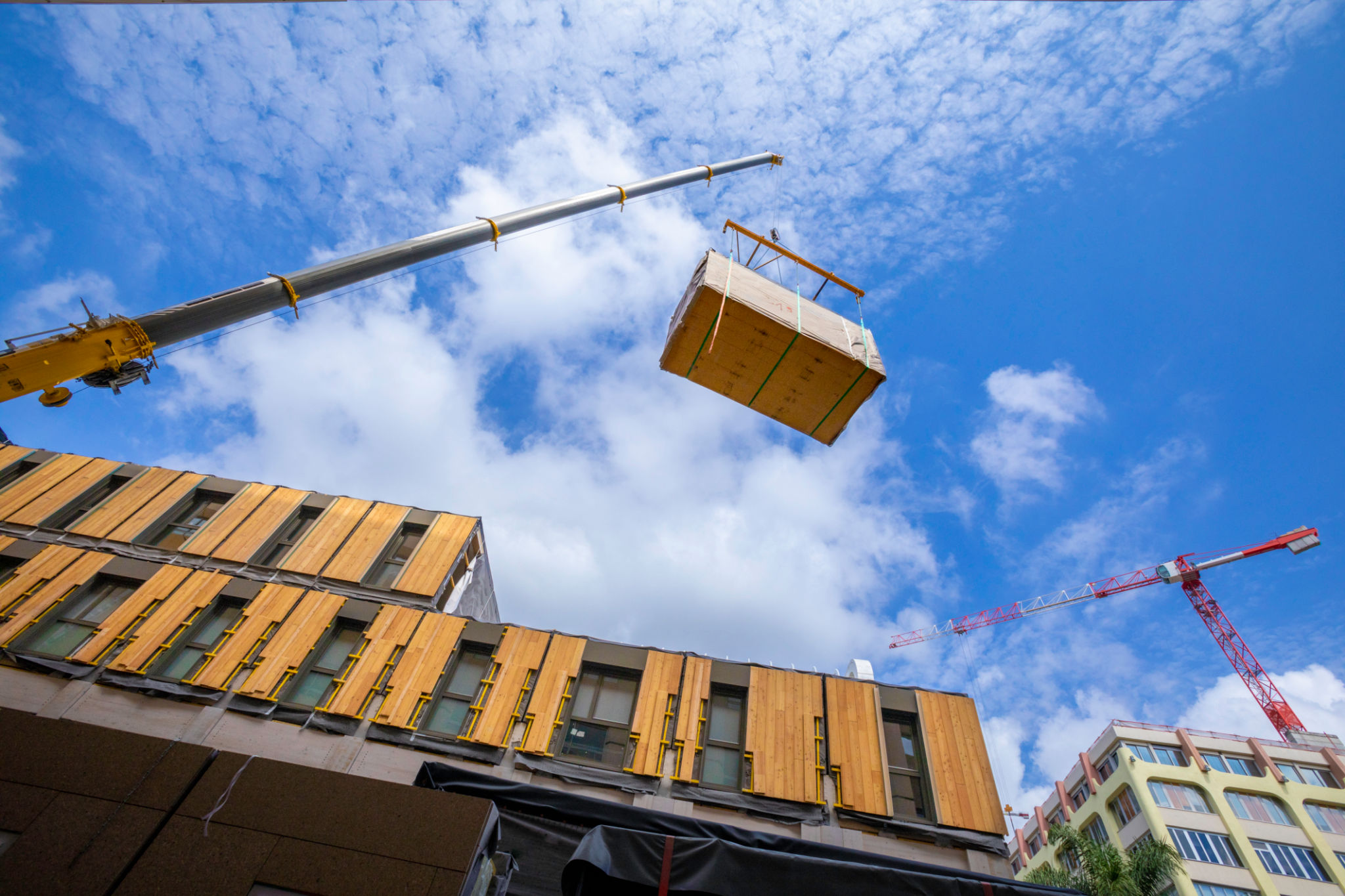Remodeling Contractor PA: Your Guide to Sustainable Building Practices
Introduction to Sustainable Building Practices
As the demand for environmentally friendly construction continues to rise, remodeling contractors in Pennsylvania are embracing sustainable building practices. These practices not only help reduce the environmental impact of construction projects but also offer numerous benefits to homeowners, including energy efficiency and cost savings. This guide will explore some of the key sustainable building practices that contractors can incorporate into their remodeling projects.

Energy-Efficient Design
One of the cornerstones of sustainable building is energy-efficient design. By incorporating elements such as high-performance windows, better insulation, and energy-efficient appliances, contractors can significantly reduce a home's energy consumption. Homeowners can also take advantage of natural lighting by installing skylights and using light-colored, reflective surfaces.
Incorporating renewable energy sources like solar panels is another effective way to enhance a home's energy efficiency. These systems can drastically cut down on utility bills and reduce reliance on non-renewable energy sources, making them a smart investment for the future.
Sustainable Materials
Choosing the right materials is crucial for sustainable building practices. Contractors should prioritize materials that are locally sourced, recycled, or rapidly renewable. Examples include bamboo flooring, recycled steel, and reclaimed wood. These materials not only reduce the carbon footprint of a project but also often offer unique aesthetic qualities.

Another key consideration is the use of non-toxic materials. Many traditional building products release harmful chemicals into the air, contributing to indoor air pollution. Opting for low-VOC (volatile organic compounds) paints, adhesives, and sealants can help maintain healthier indoor air quality.
Water Conservation Techniques
Water conservation is an essential aspect of sustainable remodeling. Contractors can incorporate water-saving fixtures such as low-flow toilets, faucets, and showerheads to help reduce water usage. Additionally, rainwater harvesting systems can be installed to collect and reuse rainwater for landscaping or non-potable uses.
Landscaping with native plants that require minimal irrigation is another effective strategy for conserving water. These plants are adapted to local climate conditions and typically need less maintenance and water than non-native species.

Waste Reduction Strategies
Sustainable building practices also focus on reducing construction waste. Contractors can achieve this by planning projects carefully to minimize material waste and by recycling or repurposing materials whenever possible. For instance, deconstructing rather than demolishing parts of a home allows materials to be reused or donated.
Implementing a comprehensive waste management plan can further aid in reducing landfill contributions and promote more efficient use of resources.
Conclusion: The Future of Sustainable Remodeling
As more homeowners become aware of the environmental impacts of their living spaces, the demand for sustainable remodeling practices will continue to grow. By adopting these practices, remodeling contractors in Pennsylvania can not only meet this demand but also contribute positively to the environment and community. From energy-efficient designs to waste reduction strategies, sustainable building practices offer a viable path toward a greener future.
